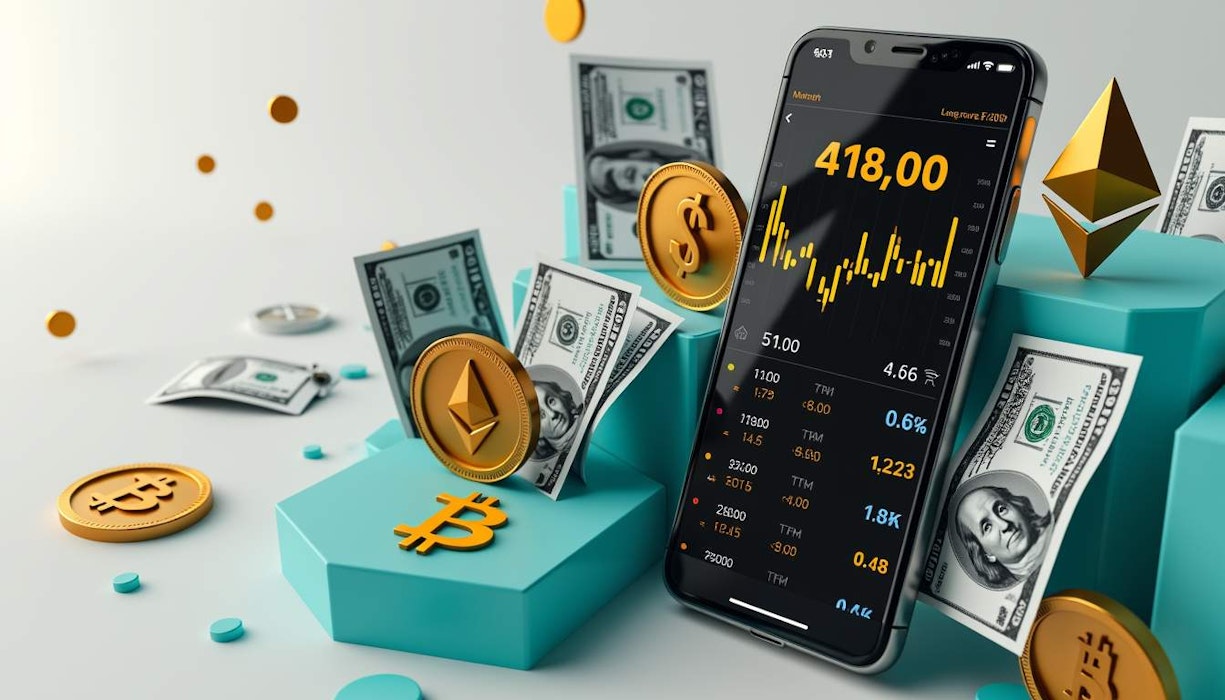Memecoins are in the spotlight, and not just for their viral potential. With platforms like Pump.fun being accused of issuing unregistered securities, the cryptocurrency community is left pondering the future of these playful digital assets. Is this the end of the road, or just a new chapter?
The Nature of Memecoins and Their Legal Implications
What are memecoins? They're those digital tokens that ride the waves of social media trends and online communities. Think Dogecoin, Shiba Inu, and the latest Trump family tokens. They often don’t boast the technological innovations or use cases of Bitcoin or Ethereum, but can still command significant market value, mostly due to speculation.
Now, here’s where things get a bit murky. If a memecoin is marketed with promises of future value or profits, it could fall under U.S. federal securities laws. This means they could be classified as securities, triggering a slew of regulatory obligations.
The Legal Landscape for Memecoins
The legal landscape for digital assets is complex and ever-changing. The SEC has ramped up its scrutiny of unregistered securities, and memecoins are no exception. Selling unregistered securities isn’t just frowned upon; it can lead to serious legal repercussions, including hefty fines and even prison time. For investors, it’s a risk-laden scenario with little legal protection.
Take Pump.fun, for instance. They recently faced a proposed class-action lawsuit, claiming that every token created on the platform is an unregistered security. The lawsuit alleges that the platform, apparently operated by the UK-based Baton Corporation, engaged in guerrilla marketing to create artificial urgency for highly volatile tokens, resulting in massive losses for retail investors.
The Fallout for Cryptocurrency Trading Platforms
If memecoins are indeed classified as securities, the implications for cryptocurrency trading platforms are significant. Increased regulatory scrutiny could reshape how these platforms operate.
Platforms would need to comply with all sorts of securities laws—registration, disclosure, and anti-fraud provisions. This could make it harder for smaller players to enter the market due to higher operational costs and compliance burdens.
On the flip side, more oversight could enhance market stability and investor protection, reducing the chances of fraud. Still, if the regulations are too stringent, we might see innovation stifled. Investors may also begin to scrutinize the underlying value of these assets more closely, rather than just getting swept up in speculative hype.
Summary
As the legal challenges surrounding memecoins unfold, the need for clear regulatory frameworks in the cryptocurrency market becomes vital. While this classification could bring more stability and protection, it also complicates things for platforms and creators. The future of memecoins is uncertain, but one thing remains clear: they have the potential to reshape digital finance, for better or worse.
